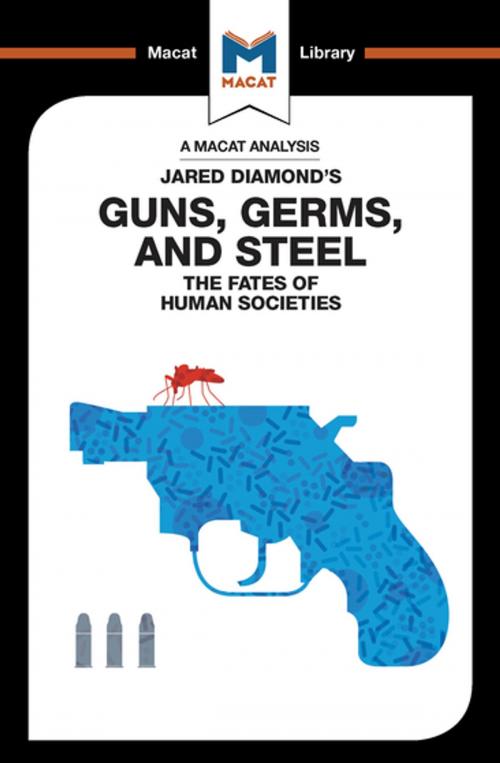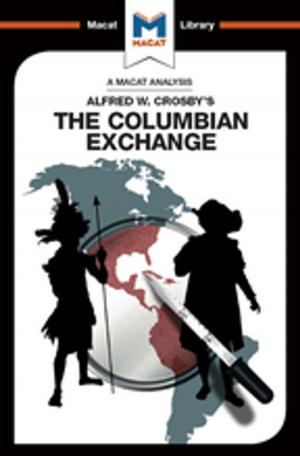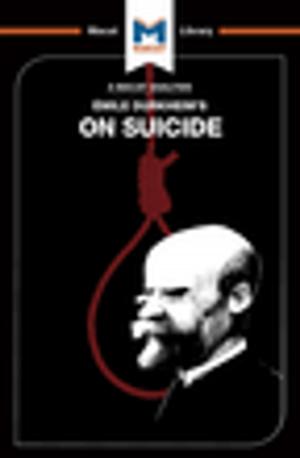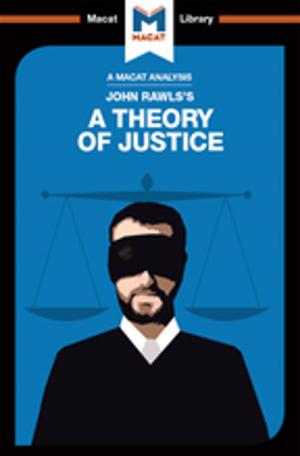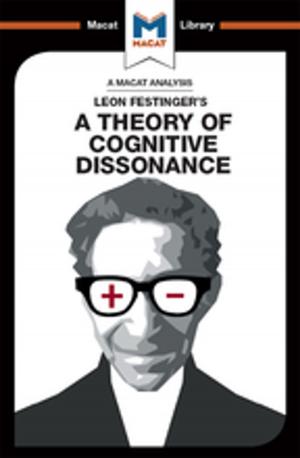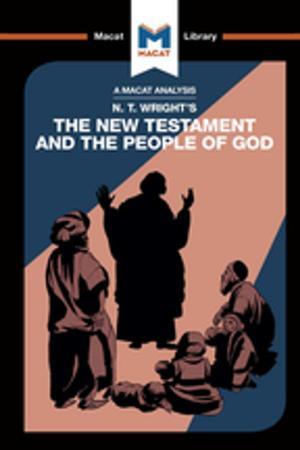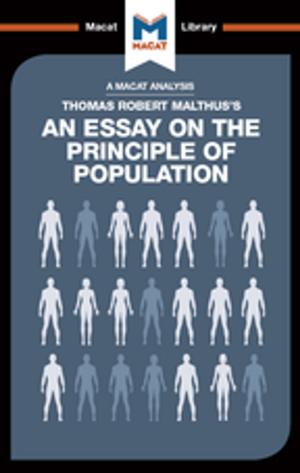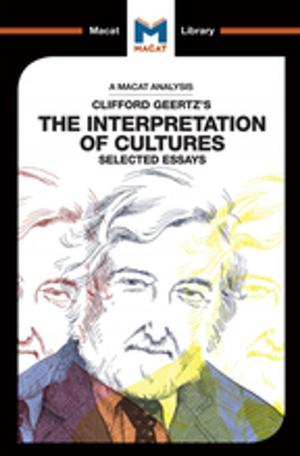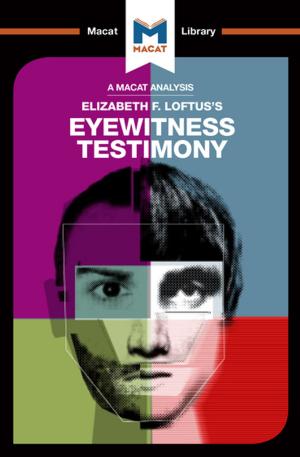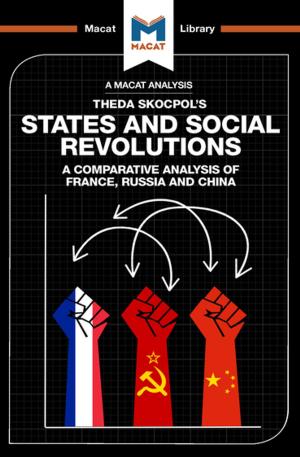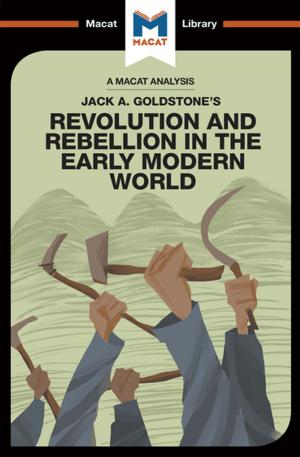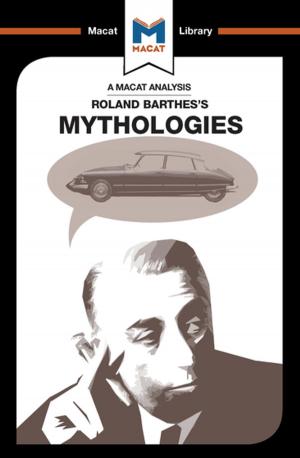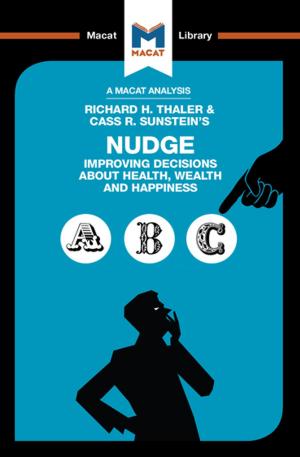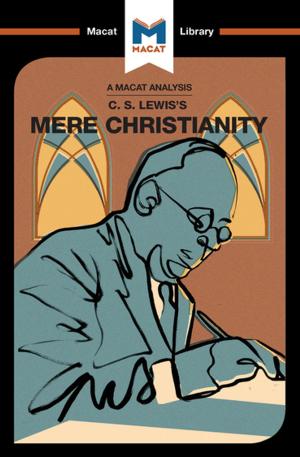Guns, Germs & Steel
The Fate of Human Societies
Nonfiction, Social & Cultural Studies, Social Science, Anthropology, Fiction & Literature, Literary Theory & Criticism, History| Author: | Riley Quinn | ISBN: | 9781351352291 |
| Publisher: | Macat Library | Publication: | July 5, 2017 |
| Imprint: | Macat Library | Language: | English |
| Author: | Riley Quinn |
| ISBN: | 9781351352291 |
| Publisher: | Macat Library |
| Publication: | July 5, 2017 |
| Imprint: | Macat Library |
| Language: | English |
In his 1997 work Guns, Germs and Steel, Jared Diamond marshals evidence from five continents and across 13,000 years of human history in an attempt to answer the question of why that history unfolded so differently in various parts of the globe. His results offer new explanations for why the unequal divisions of power and wealth so familiar to us today came into existence – and have persisted.
Balancing materials drawn from a vast range of sources, addressing core problems that have fascinated historians, anthropologists, biologists and geographers alike – and blending his analysis to create a compelling narrative that became an international best-seller and reached a broad general market – required a mastery of the critical thinking skill of reasoning that few other scholars can rival. Diamond’s reasoning skills allow him to persuade his readers of the value of his interdisciplinary approach and produce well-structured arguments that keep them turning pages even as he refocuses his analysis from one disparate example to another.
Diamond adds to that a spectacular ability to grasp the meaning of the available evidence produced by scholars in those widely different disciplines – making Guns, Germs and Steel equally valuable as an exercise in high-level interpretation.
In his 1997 work Guns, Germs and Steel, Jared Diamond marshals evidence from five continents and across 13,000 years of human history in an attempt to answer the question of why that history unfolded so differently in various parts of the globe. His results offer new explanations for why the unequal divisions of power and wealth so familiar to us today came into existence – and have persisted.
Balancing materials drawn from a vast range of sources, addressing core problems that have fascinated historians, anthropologists, biologists and geographers alike – and blending his analysis to create a compelling narrative that became an international best-seller and reached a broad general market – required a mastery of the critical thinking skill of reasoning that few other scholars can rival. Diamond’s reasoning skills allow him to persuade his readers of the value of his interdisciplinary approach and produce well-structured arguments that keep them turning pages even as he refocuses his analysis from one disparate example to another.
Diamond adds to that a spectacular ability to grasp the meaning of the available evidence produced by scholars in those widely different disciplines – making Guns, Germs and Steel equally valuable as an exercise in high-level interpretation.
